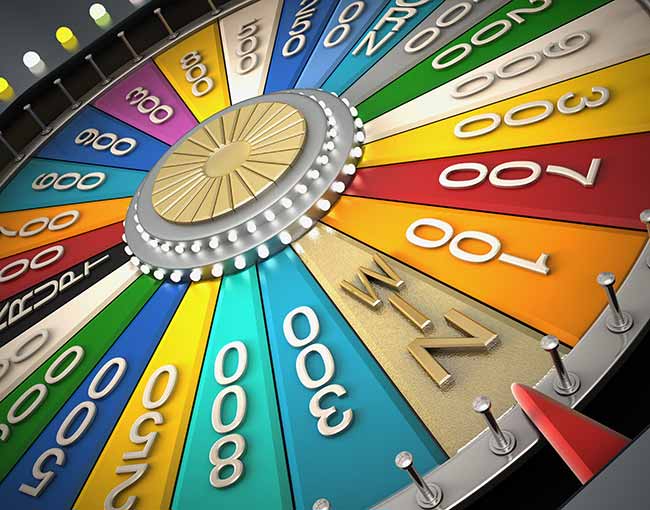Whenever Ed McMahon joyfully announced that we had already won millions in fabulous cash and prizes, we all felt the rush of hopeful elation and the cold sting of reality. But one Quebec man who believed similar claims sued over the resulting disappointment and recently won a victory in Canada’s highest court.
In 1999, Jean-Marc Richard was ecstatic when he received a letter from Time Magazine that said “Our sweepstakes results are final: Mr. Jean-Marc Richard has won a cash prize of $833,327.” The letter went on to say that he would receive a bonus of $100,000 if he mailed in his entry form within 5 days, and, on top of all of that, he could subscribe to various magazines at discounted prices.
What Mr. Richard did not notice was the fine print that said he had won “if you have and returned the grand prize winning entry in time.” Instead, he filled out the entry form and the subscription card for a magazine and sent them to Time. In a few days he received the magazine, but not the $900 check he expected. When he called the magazine and learned that he had not won the prize, he said that he felt “embarrassed and stupid” and he promptly sued Time for deceiving him.
His case was heard in the Quebec Superior Court. The judge ruled that Time’s letter was part of a misleading and deceptive direct mail campaign and awarded Mr. Richard $100,000 in moral and exemplary damages. The judge found that Time had violated Quebec’s Consumer Protection Act as well the spirit of the French Language Charter. Time appealed the case to the Quebec Court of Appeals, which reversed the decision in 2009.
Undaunted, Mr. Richard appealed that decision to the Supreme Court of Canada. On February 28, the Supreme Court found that Time’s letter violated the Consumer Protection Act and awarded Mr. Richard $16,000. The unanimous court held “the letter’s strange collection of affirmations and restrictions is not clear or intelligible enough to dispel the general impression conveyed by the most prominent sentences. On the contrary, it is highly likely that the average consumer would conclude that the appellant held the winning entry and only had to return the reply coupon to initiate the claim process.”
The Court’s one-hundred page opinion went on to say that the “Courts view the average consumer as someone who is not particularly experienced at detecting the falsehoods or subtleties found in commercial representations. The Court also opined that the average consumer is “credulous and inexperienced and takes no more than ordinary care to observe that which is staring him or her in the face upon first entering into contact with an entire advertisement.”
While this decision is not legal precedent in the United States, it sends a clear message to anyone sponsoring a sweepstakes or contest in Canada (and particularly in Quebec) that promotions such as this must not deceive consumers. The opinion also serves as a reminder to marketers everywhere that there are penalties for deceptive and misleading advertising campaigns.
This post was written by retired Thompson Coburn partner Dale Joerling. If you have any questions about the topics discussed in this post, please contact Thompson Coburn partner Hap Burke.




